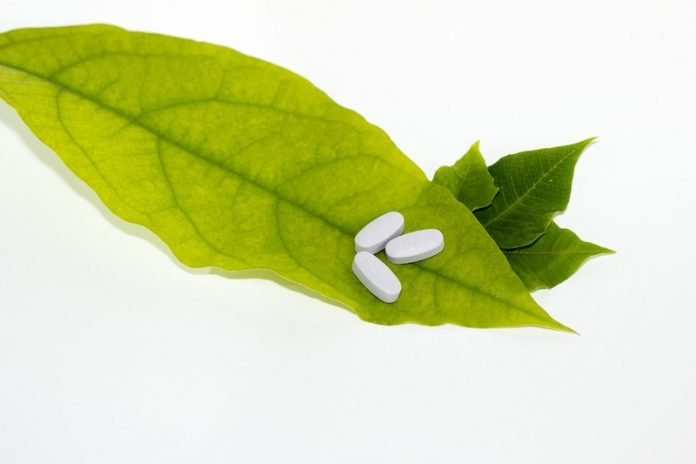
Recently, researchers have identified an antioxidant that may cut the risk of a second stroke and heart attack.
The powerful antioxidant is apocynin, and it can cut plaque buildup in half and lower inflammation to pre-heart-attack levels.
The study was done by a team from the OHSU School of Medicine.
Previous research has shown that in the months after a heart attack or stroke, patients are more likely to have another heart attack or stroke.
So far, some drugs such as aspirin are used to prevent the second heart attack and stroke.
In the current study, the team found what happens inside blood vessels may increase the risk, and they developed a new solution.
They used unique forms of ultrasound imaging they developed to view molecules on the lining of blood vessels.
They found that heart attacks could make inflammatory cells and platelets more easily stick to the inner lining of arteries, and particularly where there was already plaque.
These sticky cells and platelets could make plaque become unstable, which may contribute to blood clots that lead to another heart attack or stroke.
But the powerful antioxidant could help reduce the risk. It can help reduce the buildup of the plaque in the body and cut the level of inflammation to pre-heart-attack levels.
The team tested the antioxidant in mice and found that it could strongly prevent second heart attack and stroke.
They suggest that the finding could help explain why anti-inflammatory drug for treating juvenile arthritis could also reduce the risk of a second heart attack.
In the future, the team will study how the relative stickiness of remote arteries influences the risks of second heart attacks and strokes.
They will also evaluate new therapies beyond antioxidants.
One author of the study is Jonathan R. Lindner, M.D. at the OHSU School of Medicine.
The study is published in the Journal of the American College of Cardiology.
Copyright © 2019 Knowridge Science Report. All rights reserved.



